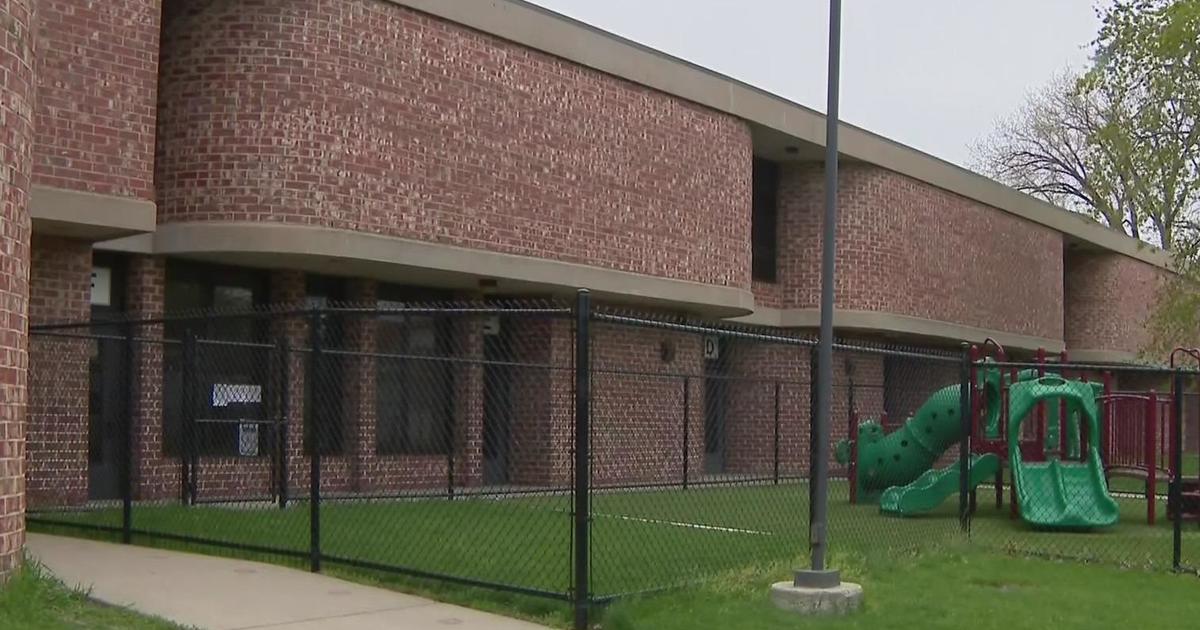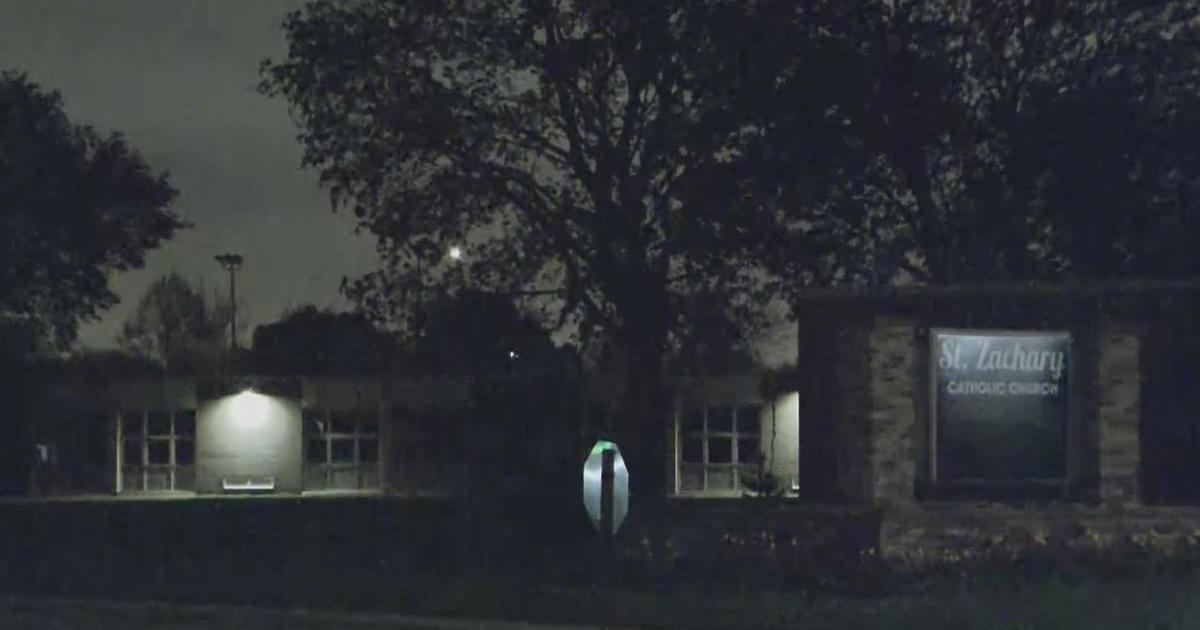A System With Seven Earth-Sized Planets, Found Not So Far Away
(CBS) -- Astronomers have discovered seven roughly Earth-size planets very close to a cool dwarf star some 39 light years from Earth, including three orbiting in the star's habitable zone where liquid water, a key ingredient for life as it's known on Earth, could be present, researchers announced Wednesday.
The record-setting star system is the first to feature three Earth analogues in the so-called "Goldilocks" zone of their parent star and the first to include seven such worlds overall.
The discovery was announced Wednesday in the journal Nature.
"Finding a second Earth is not just a matter of if, but when," said Thomas Zurbuchen, associate administrator of science at NASA Headquarters. "Just imagine how many worlds are out there that have a shot at becoming a habitable system that we could explore."
The intriguing star system was first studied by Belgium's Transiting Planets and Planetesimals Small Telescope, or TRAPPIST, observatory in Chile where observations in 2016 indicated the presence of two and possibly three planets.
NASA's infrared-sensitive Spitzer Space Telescope, working with the European Southern Observatory's Very Large Telescope, then spent 500 hours studying the star, confirming the existence of two planets and discovering five more, boosting the total to seven.
"Not one, not two, but seven Earth-size planets," marveled Michael Gillon, an astronomer at the University of Liege in Belgium who led the study. "This is is the first time that so many Earth-size planets were found around the same star. Furthermore, with three of them in the habitable zone.
"The star itself is what is called an ultra-cool dwarf, which is the least massive kind of star that exists," he told reporters. "These stars are much smaller, much cooler than our sun and still, they are very frequent at the scale of our galaxy, more frequent than solar-type stars."
While Trappist 1 is about 235 trillion miles from Earth, that is relatively close in space terms.



